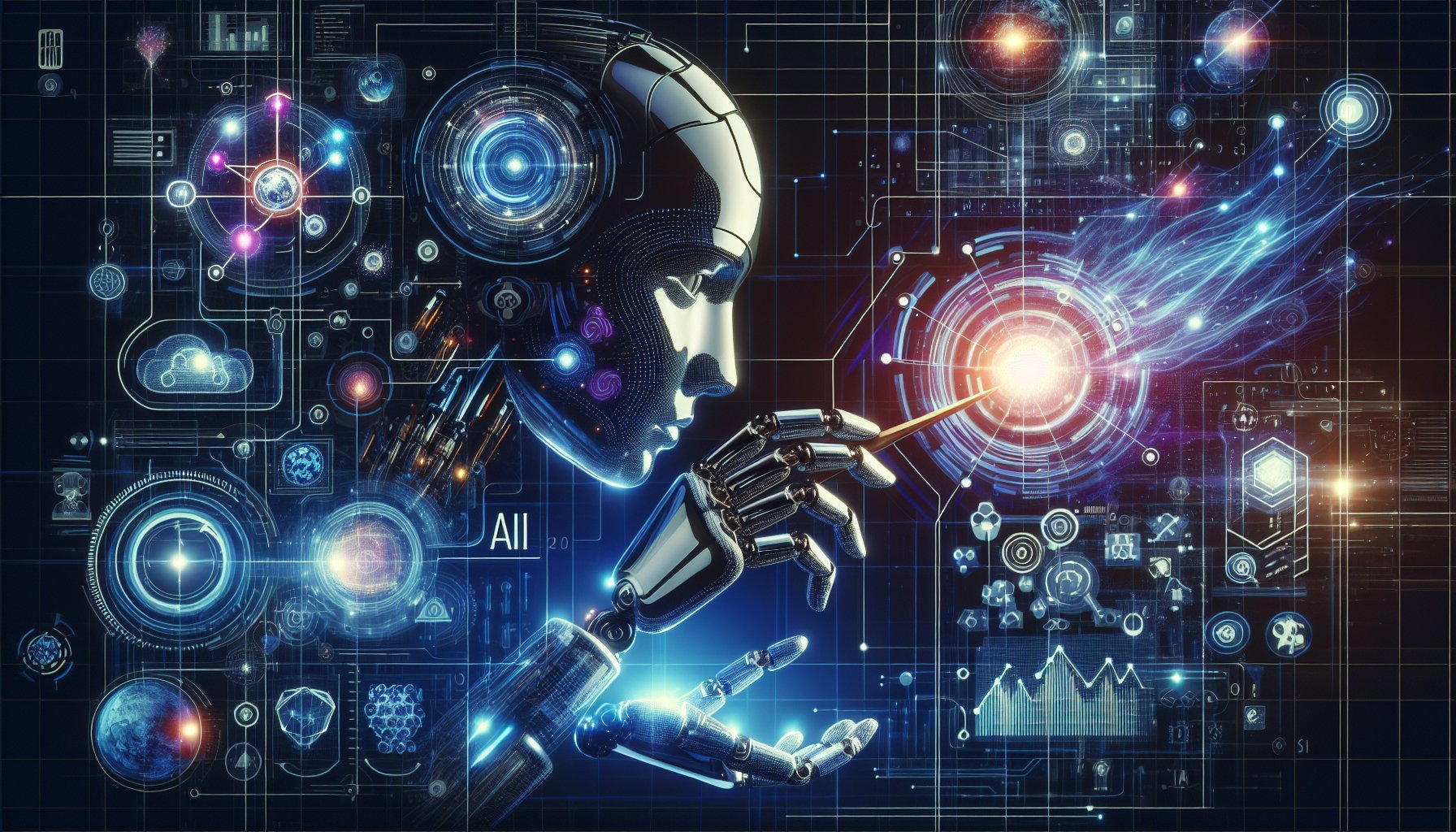Introduction
The power of Artificial Intelligence (AI) is transforming digital landscapes and revolutionizing businesses in 2025. The integration of AI into existing systems is no longer an option but a necessity to stay ahead in this fast-paced technology era. This post will delve into the most innovative strategies for AI integration, utilizing the latest tools to enhance business performance and drive growth.
Embrace Cloud-Based AI Services
Cloud computing platforms have evolved to offer robust, scalable AI services. Leveraging these services can significantly reduce the burden of setting up and maintaining AI infrastructure, allowing you to focus on integrating AI into your applications.
Example: AI Cloud Services
// Utilizing Google's Cloud AI for image recognition
const vision = require('@google-cloud/vision');
// Creates a client
const client = new vision.ImageAnnotatorClient();
async function quickstart() {
// Performs label detection on the image file
const [result] = await client.labelDetection('./resources/wakeupcat.jpg');
const labels = result.labelAnnotations;
console.log('Labels:');
labels.forEach(label => console.log(label.description));
}
quickstart();
Leverage AI APIs and SDKs
The rise of AI-specific APIs and SDKs has made AI integration more accessible. These tools offer pre-built AI models and functions that can be quickly incorporated into your applications.
Example: AI APIs
// Using IBM Watson's Language Translator API
const LanguageTranslatorV3 = require('ibm-watson/language-translator/v3');
const { IamAuthenticator } = require('ibm-watson/auth');
const languageTranslator = new LanguageTranslatorV3({
version: '2025-01-01',
authenticator: new IamAuthenticator({
apikey: 'your-ibm-watson-api-key',
}),
serviceUrl: 'https://api.us-south.language-translator.watson.cloud.ibm.com',
});
const translateParams = {
text: 'Hello, world!',
modelId: 'en-es',
};
languageTranslator.translate(translateParams)
.then(translationResult => {
console.log(JSON.stringify(translationResult, null, 2));
})
.catch(err => {
console.log('error:', err);
});
Adopting Machine Learning Operations (MLOps)
MLOps, the AI equivalent of DevOps, is a must-have strategy for seamless AI integration. It promotes the collaborative involvement of data scientists and operations professionals, fostering faster and more efficient AI deployments.
Conclusion
The future of AI integration lies in the adoption of advanced cloud-based AI services, the utilization of AI-specific APIs and SDKs, and the implementation of MLOps. By embracing these strategies, businesses can unlock the full potential of AI, enhancing their services and staying ahead of the competition.
Key Takeaways
- Cloud-based AI services enable efficient and scalable AI integration.
- AI-specific APIs and SDKs offer pre-built AI models for easy integration into applications.
- MLOps fosters a collaborative environment for faster and more efficient AI deployments.
